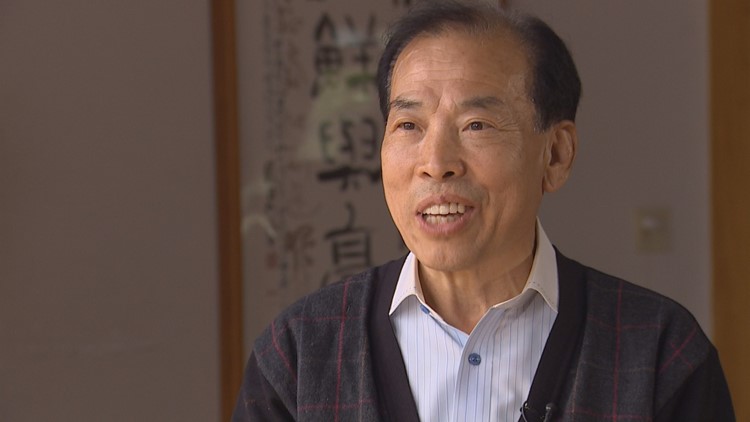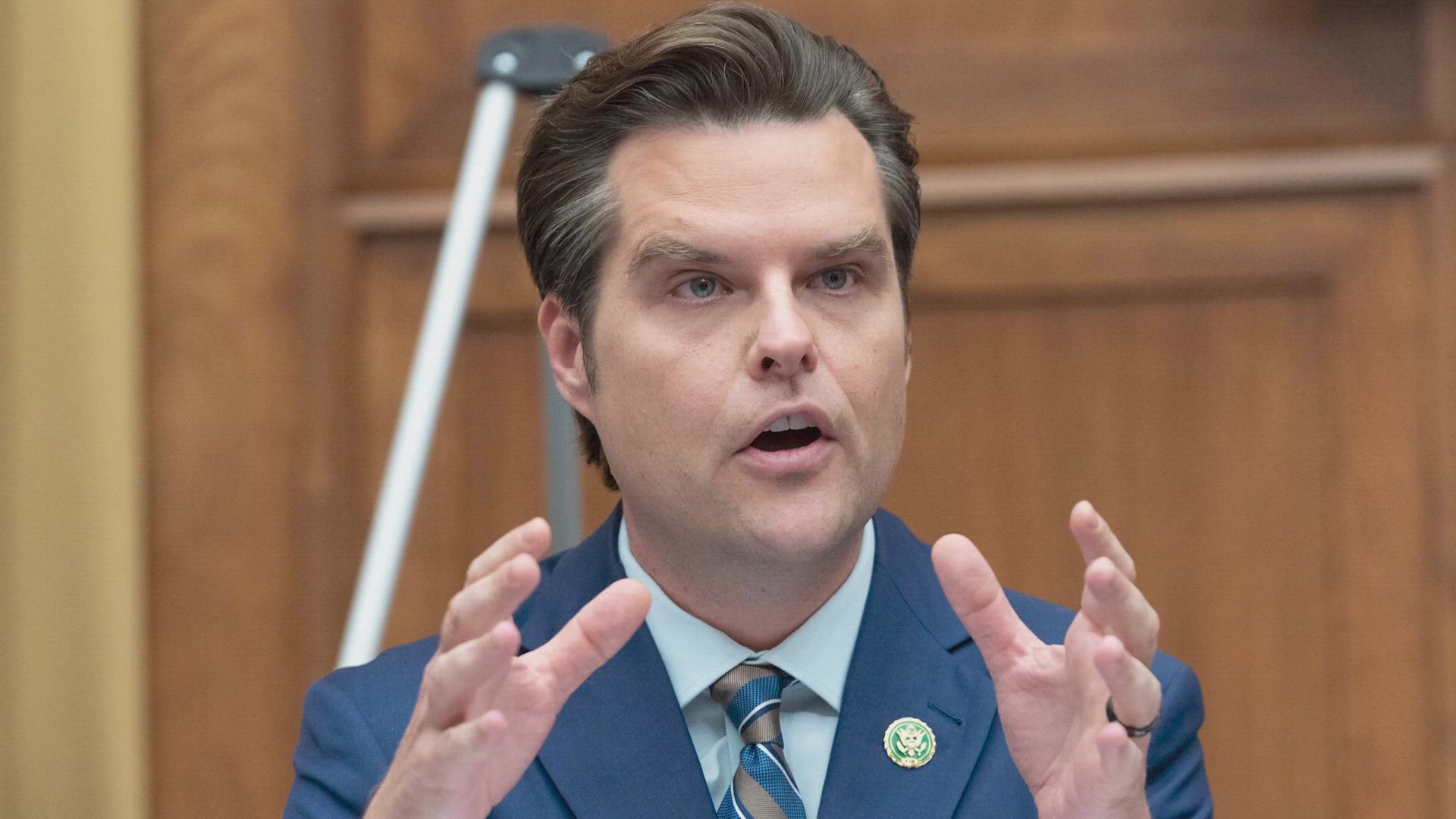Historic talks between North and South Korea are being met with both optimism and skepticism by the Korean American community in Western Washington.
Rev. Chang Cheh of Lynnwood recalled the last inter-Korean summit occurred in 2007. He hopes this latest meeting moves beyond political show and into actual action.
“We really need unification, of course, peace, and unification,” said Cheh who moved his family to Western Washington in the 1980's.
He and his wife co-founded the Morning Star Korean Cultural Center where his daughter, Sinae, also works. The center seeks to celebrate a culture that still unites North and South despite decades of political divide.
“As a culture,” said Sinae Cheh, “there is no separation.”
However, she pointed out a generational difference in the meaning and desire for unification.
“I know for a lot of first generation Koreans and those who are older who have some kind of connection to Korean culture or the Korean government will always have a longing for the unification of a peaceful Korea for the entire peninsula,” said Sinae Cheh. “For us, we’ve only known Korea as a divided nation.
We see North and South as two different nations, but older generations see them as one nation.”
Sinae Cheh says there’s still a desire among older Koreans to see a unification not just for political stability but for the reunification of families and land.
Friday’s meeting between North Korean leader Kim Jong Un and South Korean President Moon Jae-In ended with a pledge to make peace, but many key details remain unresolved, from de-nuclearization to humanitarian issues and human rights.
“I see this as a could be, and I believe it will be, a dawning of something new that can happen that’s going to be a very good thing for all Koreans, as well as South East Asia,” said David Ross of Everett, a longtime friend of the Cheh family who worked as a missionary in Korea.
Ross says he arrived several years after the Korean Armistice was signed in 1953, an agreement that brought a ceasefire but not a permanent peace treaty.
“People have been waiting for 70 years for healing and some kind of reconciliation,” said Ross.
“This is a door that’s opening. Skepticism is something you choose to be or not to be,” he continued.
Ross said he's choosing optimism. So are Sinae and her father, but they’ll be cautiously watching for concrete details in the weeks ahead, beyond the choreographed symbolism on display this week. The meeting Friday included a tree-planting ceremony, a one-on-one meeting in the Demilitarized Zone, an official dinner and even a historic step by President Moon onto North Korean soil.
“People say that one of the only unscripted parts of the whole ceremony was when the South Korean president stepped over to the North, because he said something about wanting to visit North Korea one day, and Kim Jong Un said, 'Why don't you step over now,’ and he did,” said Sinae Cheh.
“I just think a great journey begins with one step, and I think we've taken it,” said Ross.



